1. “American Pie” by Don McLean
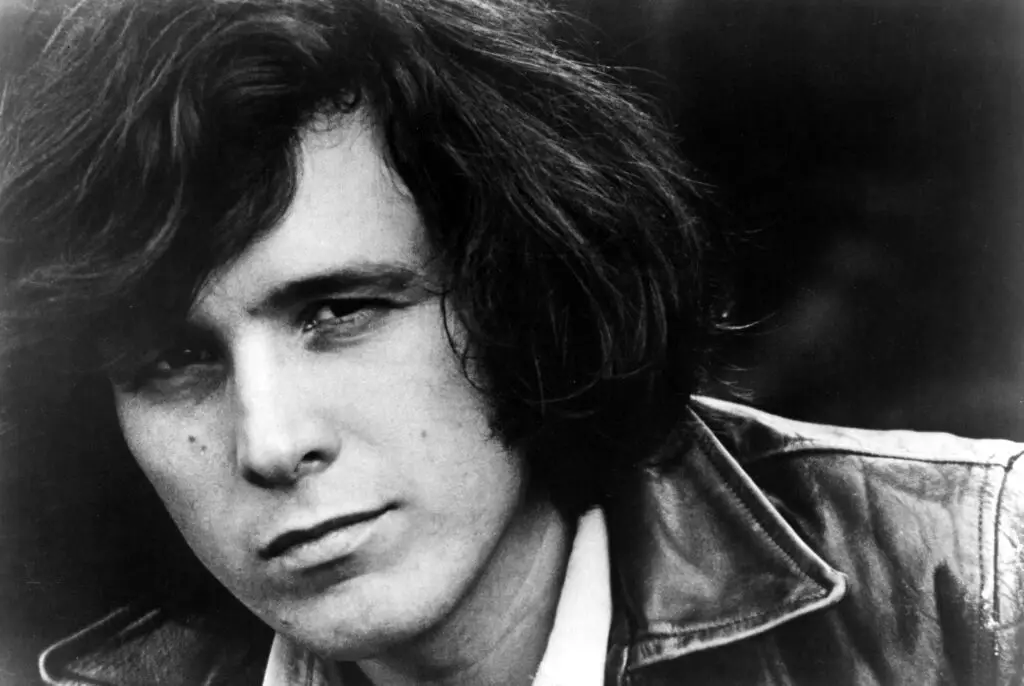
Don McLean’s “American Pie” has baffled and fascinated listeners since its release in 1971. On the surface, it’s a catchy, nostalgic anthem, but the lyrics are actually packed with symbolism about the state of America in the 1960s. The “day the music died” famously refers to the 1959 plane crash that killed Buddy Holly, Ritchie Valens, and the Big Bopper. But beyond that, each verse seems to chronicle major moments in American history and pop culture—from the civil rights movement to the rise of The Beatles shares Next Avenue.
McLean himself has been famously cryptic about the song’s meaning, once saying, “It means I don’t have to work if I don’t want to.” Still, fans have poured over the lines like poetry. The “jester” is widely believed to be Bob Dylan, and “the king” might represent Elvis Presley. It’s a time capsule in song form, and even if we’ll never know every meaning, it still strikes a chord today adds Forbes.
2. “Lucy in the Sky with Diamonds” by The Beatles
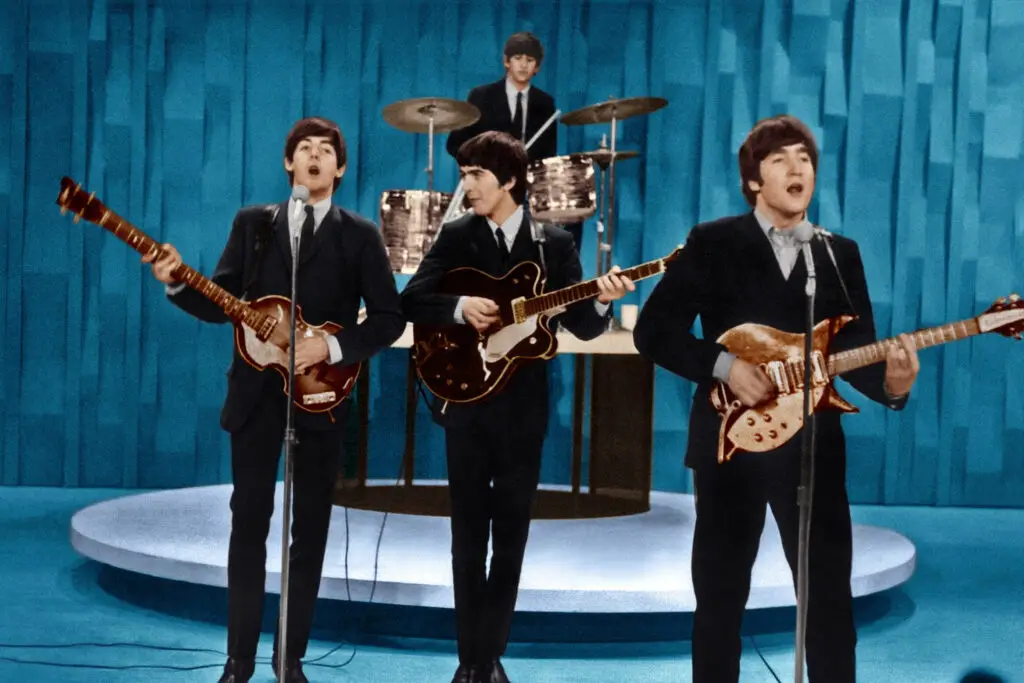
Despite what many people assumed—and still assume—this trippy Beatles tune isn’t about LSD. Or at least, that’s what John Lennon claimed. He always insisted that the song came from a drawing his son Julian made of a classmate named Lucy, with the title being an innocent description of the artwork. Still, it’s hard to ignore the coincidental initials of the song title: L, S, and D shares American Songwriter.
The lyrics are vivid and dreamlike, describing tangerine trees and marmalade skies. Whether or not it was drug-inspired, the song fits perfectly into the psychedelic era. Paul McCartney has admitted that the band was experimenting with drugs at the time, but he backed Lennon’s story about the drawing. Either way, the song has become a symbol of the kaleidoscopic weirdness of the late ’60s adds NPR.
3. “Fortunate Son” by Creedence Clearwater Revival
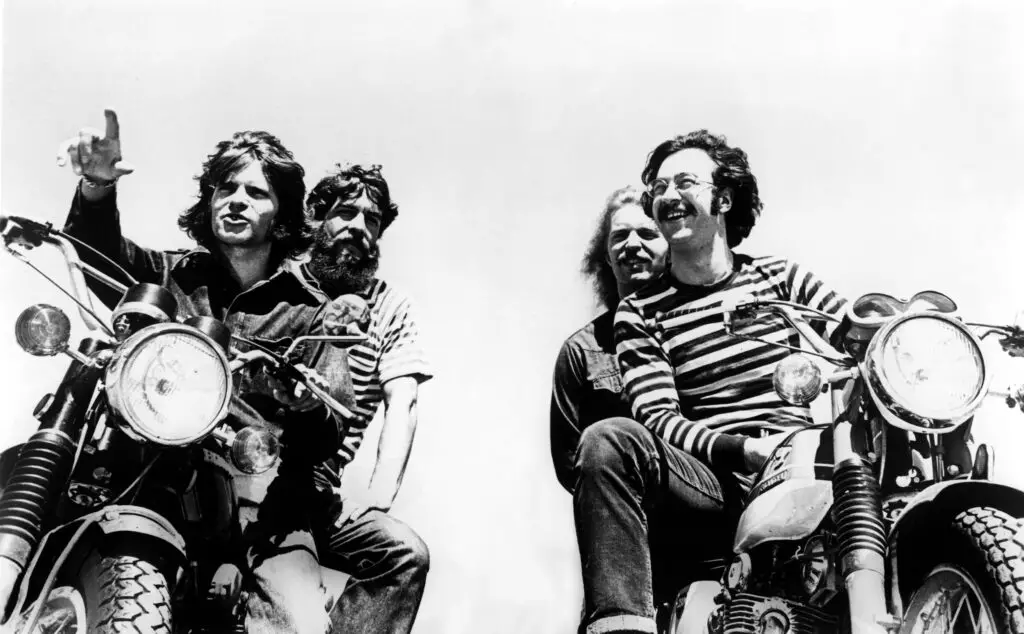
This Vietnam-era anthem is more than just a protest song—it’s a scathing commentary on privilege during wartime. John Fogerty wasn’t just angry about the war itself, he was angry about who was being sent to fight it. The lyrics take aim at the upper class, who could often avoid the draft, while the working class had no choice but to go. “It ain’t me, I ain’t no senator’s son,” he sings, cutting straight to the heart of the injustice.
It became a rallying cry for anti-war protestors and remains a powerful message today. Fogerty has said the song came from his frustration at seeing people with connections get deferments. There’s nothing subtle about this one, but sometimes the loudest messages are the most necessary. It’s still one of the rawest songs about inequality to come out of the ’60s.
4. “Hotel California” by Eagles
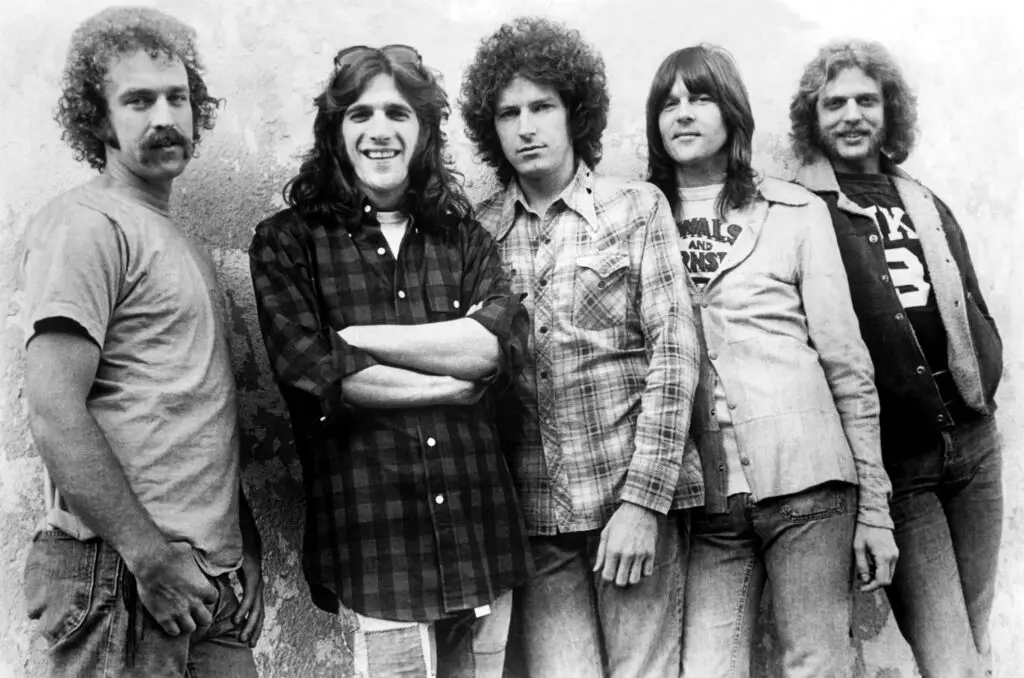
“Hotel California” sounds like a mysterious, slightly eerie story about a strange hotel you can check into but never leave. But the deeper meaning is often interpreted as a cautionary tale about the hedonism and excess of California, especially in the music industry. Don Henley once described it as a metaphor for “the dark underbelly of the American dream.” That explains the haunting vibe and surreal lyrics, like “you can check out anytime you like, but you can never leave.”
Some fans have speculated that the song references Satanism or cults, but the band has repeatedly denied that. Instead, it’s more of a spiritual commentary on fame, addiction, and losing one’s sense of self. The idea of being trapped in a glamorous world that turns out to be hollow hits hard. It’s one of those songs that rewards you for listening closely.
5. “The Sound of Silence” by Simon & Garfunkel
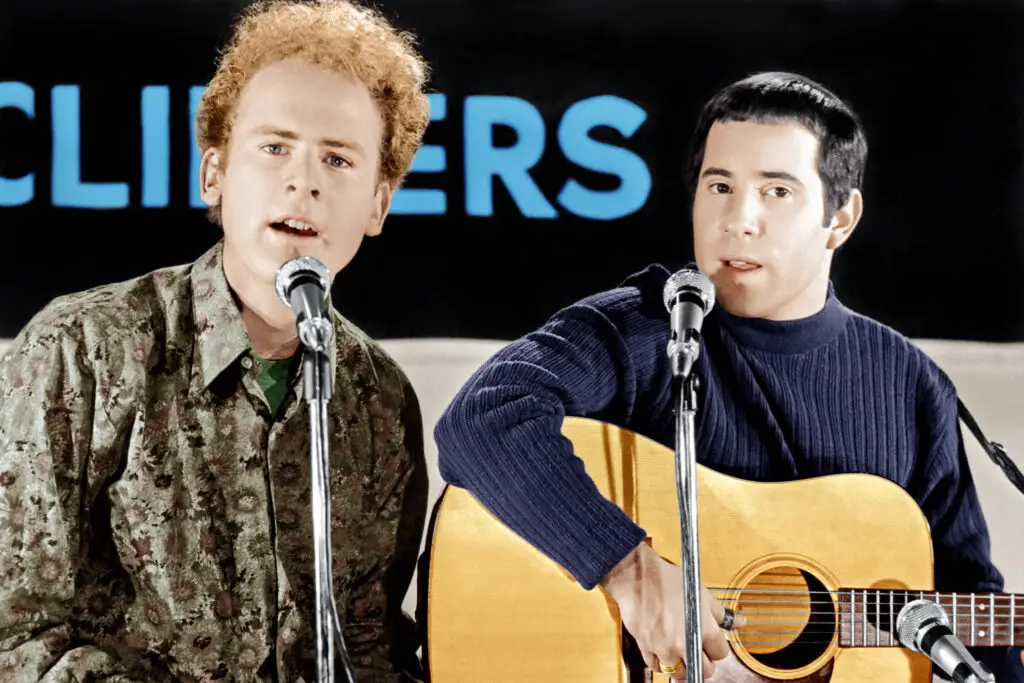
Paul Simon wrote this haunting classic in the wake of President Kennedy’s assassination, though the lyrics quickly took on broader meanings. The “sound of silence” is more than just quiet—it’s the loneliness and disconnect Simon saw in modern society. People weren’t really listening to each other, and that silence was deafening. “People talking without speaking, people hearing without listening,” paints a bleak picture of emotional isolation.
Over time, the song became an anthem for disillusioned youth during the turbulent ’60s. Its somber tone captured the collective mood of a generation struggling to find its voice. Simon himself has said the song was about communication failure on every level. And somehow, it still feels eerily relevant today.
6. “A Whiter Shade of Pale” by Procol Harum
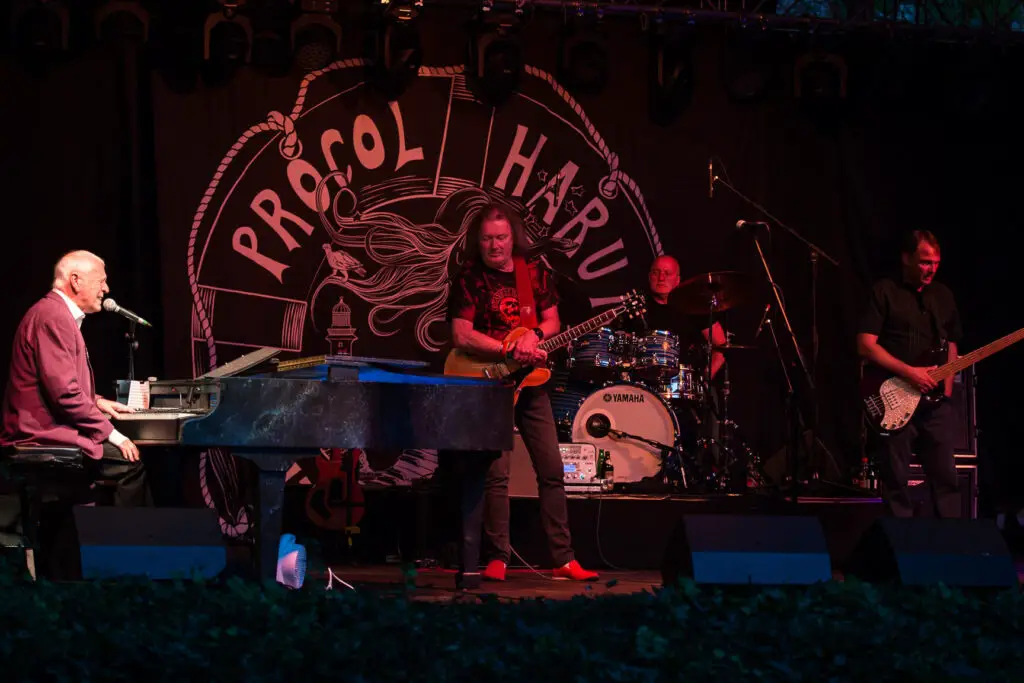
This one’s lyrics are famously cryptic, and the band never fully explained them. But fans and scholars have picked them apart for decades, trying to find meaning in the surreal images and classical allusions. Lines like “the room was humming harder” and “the miller told his tale” seem poetic but baffling. Some believe it’s about a romantic breakup, others think it’s about mortality or even spiritual awakening.
The melody itself borrows from Bach, giving it an almost church-like atmosphere. That classical influence adds to the emotional weight of the song, even if the words remain elusive. Gary Brooker, who sang it, said it was “about feeling terrible.” Sometimes, that’s all you need to know to feel it in your gut.
7. “White Rabbit” by Jefferson Airplane
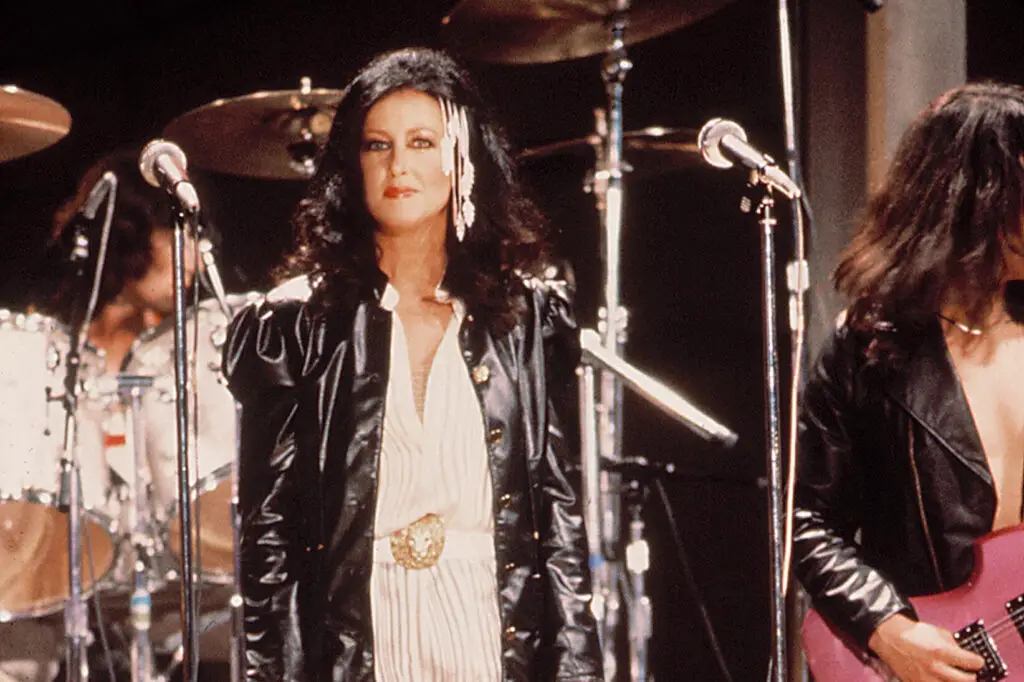
This psychedelic anthem draws heavily from Alice’s Adventures in Wonderland, but its deeper meaning is all about the drug culture of the ’60s. Grace Slick used the imagery of Alice’s journey through a surreal world as a metaphor for taking hallucinogens. “Go ask Alice when she’s ten feet tall” isn’t just about curiosity—it’s about expanding consciousness. The song builds in intensity like a trip itself.
Slick once said it was written to challenge parents who read their kids Lewis Carroll’s books but condemned drug use. That rebellious streak is all over the song. The pounding rhythm and escalating vocals make it one of the most iconic tracks of its time. And even now, it’s hard to hear it without feeling a little disoriented.
8. “Gimme Shelter” by The Rolling Stones
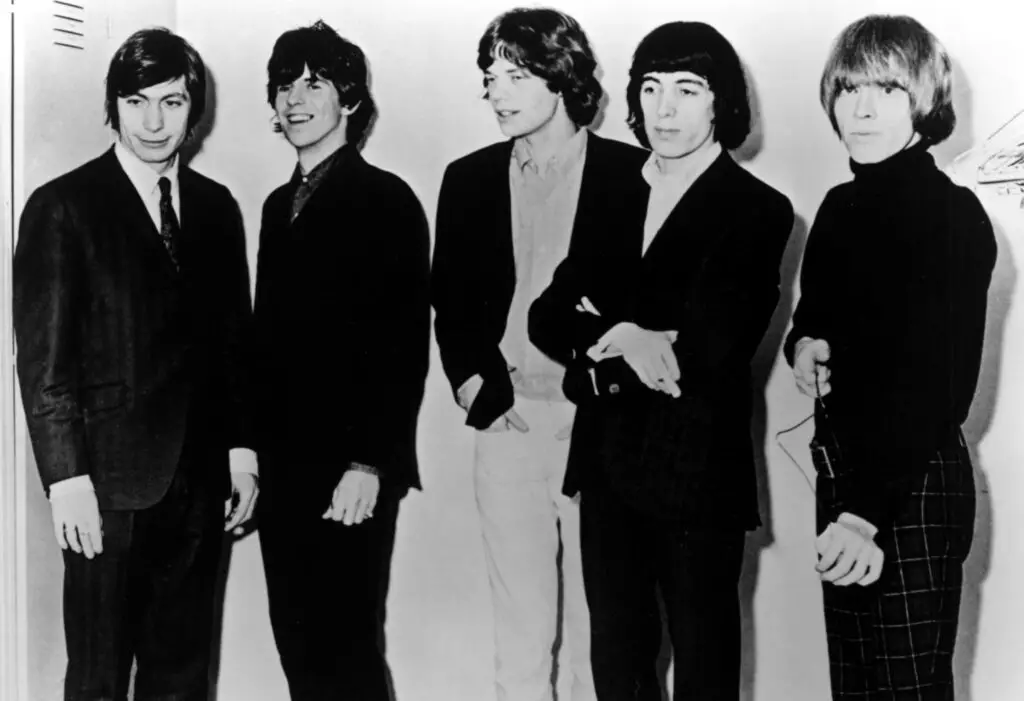
“Gimme Shelter” wasn’t just a song—it was a scream for safety in a chaotic world. Written during a time of war, assassinations, and civil unrest, it channels that anxiety into pure sound. Mick Jagger later said it was about the “end of the world” feeling that hung over the late ’60s. “War, children, it’s just a shot away” doesn’t feel metaphorical, it feels urgent.
The song’s raw energy is heightened by Merry Clayton’s searing background vocals, which were recorded in a single late-night session. Her voice cracks on the word “rape,” and it’s one of the most chilling moments in rock history. The whole song is about things falling apart, and the desperate need for refuge. It’s not just a protest song, it’s a survival anthem.
9. “Blackbird” by The Beatles
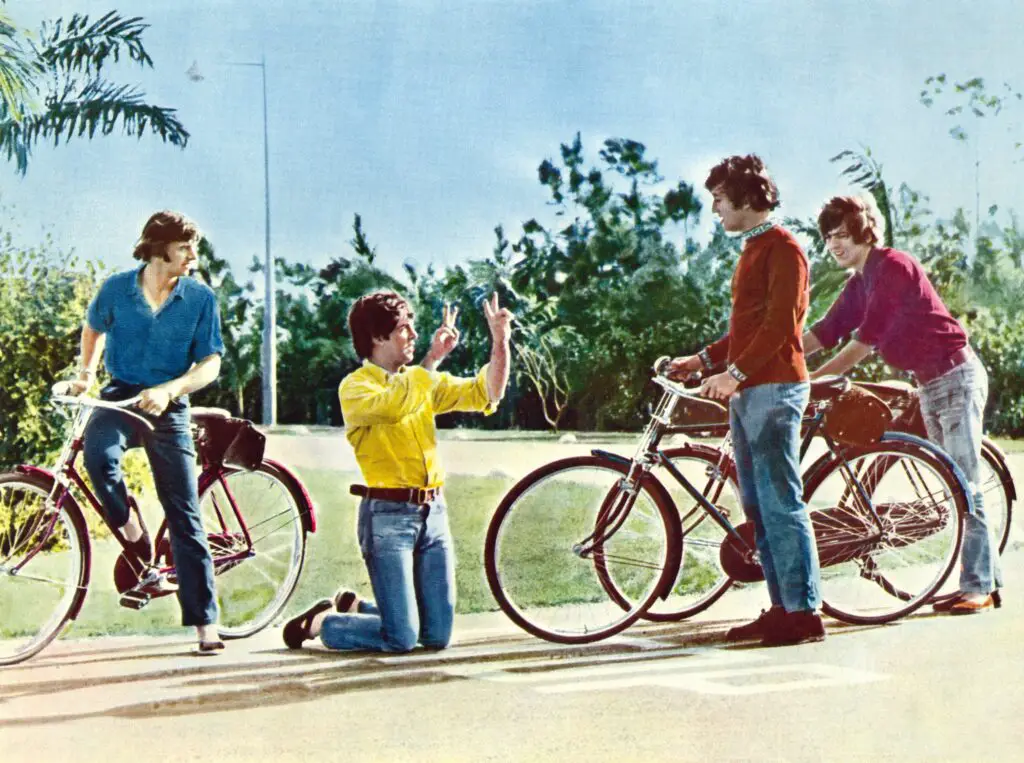
“Blackbird” sounds like a peaceful, gentle tune, but its inspiration is rooted in the civil rights movement. Paul McCartney wrote it after reading about the struggles of African American students trying to integrate schools in the South. The “blackbird” represents those young people, and the song is meant to be a message of hope and empowerment. “Take these broken wings and learn to fly” is a call to rise above injustice.
McCartney has confirmed the connection, though the lyrics are open-ended enough to feel personal to anyone. Its simplicity is part of its power—just a voice and a guitar, offering comfort and encouragement. Many people have found their own meanings in it. That’s part of what’s made it endure.
10. “For What It’s Worth” by Buffalo Springfield
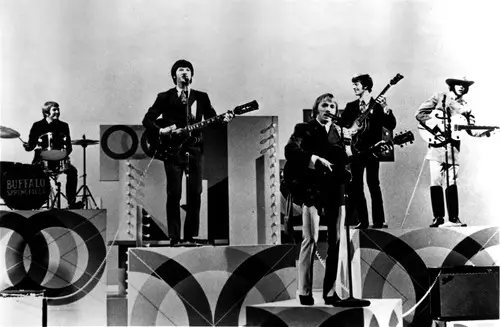
Although often mistaken as a protest against the Vietnam War, this song was actually inspired by a curfew crackdown on teenagers in Los Angeles. Stephen Stills wrote it after watching police confront young people who were gathering on Sunset Strip. But the lyrics are broad enough that they captured the general unrest of the 1960s perfectly. “There’s something happening here, what it is ain’t exactly clear,” could describe any number of moments from that era.
The song became a symbol of resistance and awareness, regardless of its original inspiration. It’s a reminder of how protest can start small and still ripple outward. Its haunting tone and laid-back groove only make the message more chilling. And it still gets pulled out whenever people want to speak up.
11. “Time” by Pink Floyd
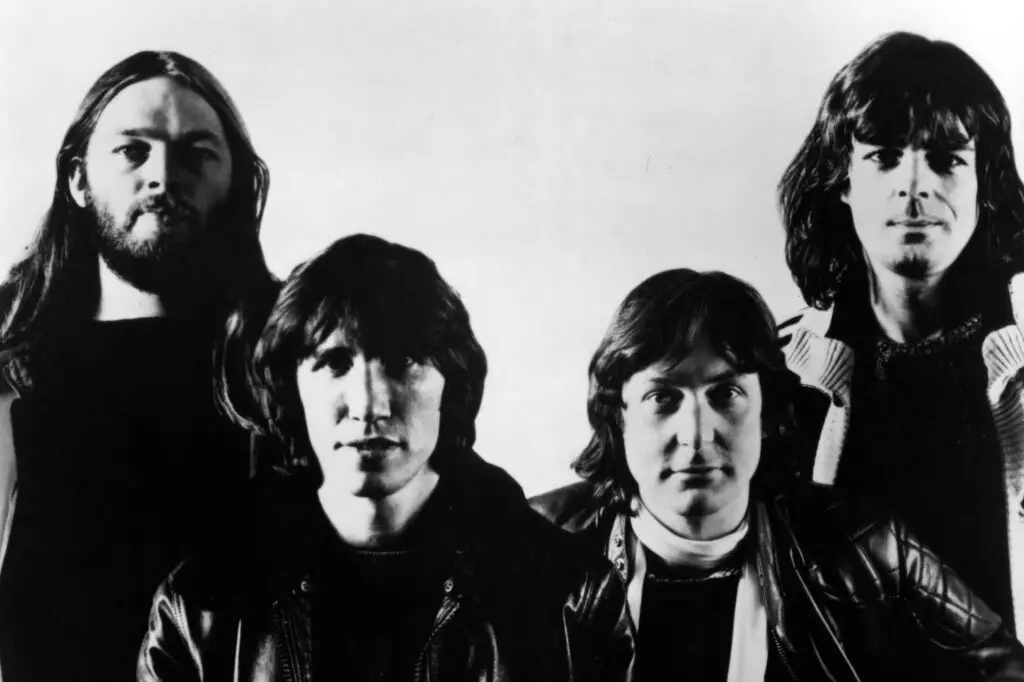
This track from The Dark Side of the Moon isn’t just about clocks ticking—it’s about the crushing realization that life is slipping by. Roger Waters wrote the lyrics to express the disillusionment of growing older and realizing you’ve been wasting time. “And then one day you find ten years have got behind you,” is a line that hits home for a lot of people. The song captures the existential panic of youth turning into middle age.
The ticking clocks and the slow, ominous intro build that sense of dread perfectly. It’s not just a warning, it’s almost a lament. Waters was only in his 20s when he wrote it, but the insight feels way beyond his years. It’s a song that gets more powerful the older you get.
12. “You Can’t Always Get What You Want” by The Rolling Stones

At first listen, this sounds like a resigned shrug of a song—but it’s really about accepting life’s disappointments while still finding meaning. Mick Jagger wrote it after attending a friend’s funeral and started thinking about how life doesn’t always go as planned. The chorus is uplifting, but the verses are full of longing and missed connections. It’s the kind of song that acknowledges life’s messiness.
The gospel choir at the end turns it into something almost spiritual. It’s not about giving up, it’s about letting go. The message is simple, but it lands with surprising depth. And let’s face it, we’ve all had a moment where those lyrics felt like they were written just for us.
